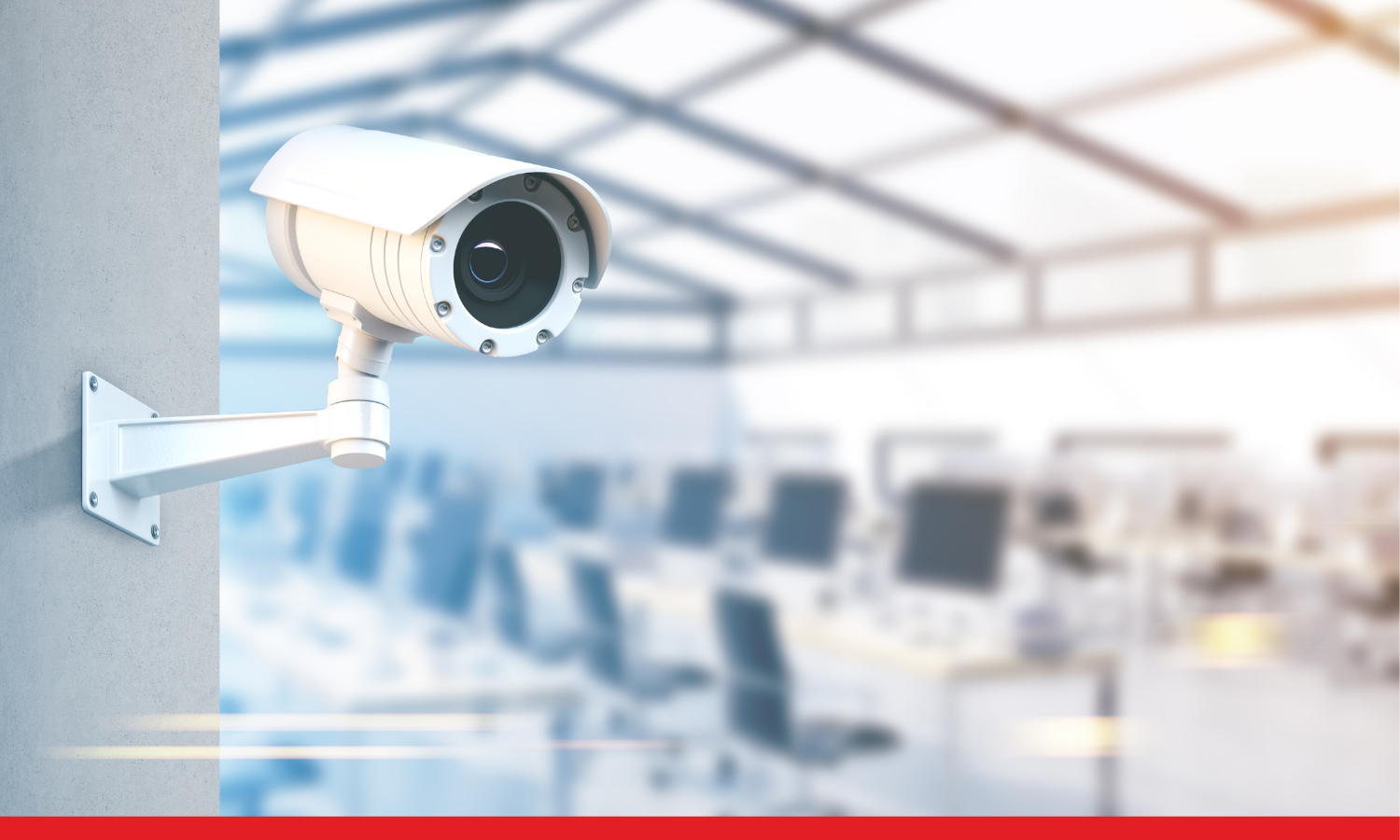
CCTV is a widely used surveillance technology that has become a crucial part of many security systems. Used to observe and monitor activities in a certain area, CCTV cameras can be used for both public and private security.
While CCTV systems are extremely beneficial, they are also highly reliant on electricity to operate. Without power, CCTV systems can’t function, so it’s important to understand the role of electricity in CCTV and why it’s so critical.
This guide explains how CCTV operates to give you a better idea of the role electricity plays in powering it. CCTV installers Newcastle and UK businesses recommend can be found via a Google search.
What is the role of electricity in CCTV?
Electricity is an essential part of any CCTV system. Cameras require power to operate, and the power source can be either mains power or a battery supply. Mains power is a direct connection to the electricity grid and is the most common power source for CCTV systems. This power source is reliable and provides consistent power, although it can be costly to set up and maintain.
Battery power is an alternative power source, and though it can provide a more cost-effective solution, it doesn’t provide the same level of reliability as mains power.
Electricity controls the CCTV system
As well as providing power to the cameras, electricity is also used to control the CCTV system. The power supplies the various components of the system, such as the DVR (digital video recorder) and monitor. Without the power to operate these components, the CCTV system could not record or playback footage. Power also enables other features of the system to work, such as night vision and motion detection.
Electricity is also used to transmit the footage that CCTV cameras record. If you want to view any footage, it must be sent to a monitor or streaming device. This can be done via a wired or wireless connection. Wired connections rely on electricity to transmit the signal, while wireless connections use radio waves to transmit the signal.
So, can CCTV work without power?
The answer to this question is no. Without power, CCTV cameras won’t be able to record or transmit footage. Moreover, the system won’t be able to access other features, such as motion detection or night vision. Therefore, it is crucial that CCTV systems are properly connected to a power source to ensure that they are able to operate efficiently and effectively.
Electricity is an essential component of any CCTV system. It relies on power to function. Mains power is the most common power source used for CCTV systems, but battery power can also be used. It’s important to understand the role of electricity in CCTV and the importance of having a reliable power source in order to ensure that the system is able to operate properly and effectively.
What happens to CCTV when power goes out?
As you might have guessed, when the power is out, a CCTV camera will stop operating. An alternative to most CCTV systems is a battery-powered surveillance camera which does not depend on an electric power supply.
Leave a Reply